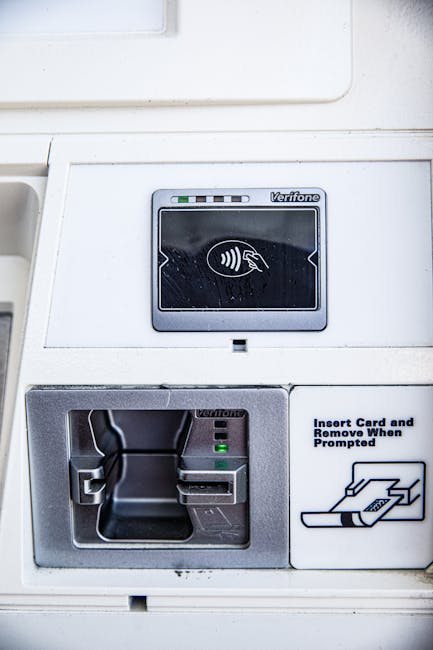 Picking the Perfect Heavy Equipment Rental for Your Construction Projects
Picking the Perfect Heavy Equipment Rental for Your Construction Projects
Heavy equipment rental services offer a cost-effective solution for contractors and businesses that may not have the means to invest in purchasing machinery outright. This flexibility allows you to access a wide range of machinery without the long-term commitment of ownership. A primary benefit of heavy equipment rental is the ability to align the equipment precisely with your project’s requirements. This ensures that you are not burdened with equipment that is too small or too large for the job at hand, helping you maximize efficiency and cost-effectiveness.
When it comes to selecting heavy equipment rentals, two versatile machines that often come into the spotlight are mini excavators and skid steers. These compact workhorses can be invaluable for a multitude of projects, but comprehending their distinctions and applications is crucial before making your choice. Mini excavators, also known as compact excavators, are highly versatile machines designed for digging, trenching, and excavating in tight spaces. Their compact size and maneuverability make them perfect for tasks such as digging foundations, landscaping, and working in urban construction sites.
On the other hand, skid steers are known for their agility and the ability to tackle a wide variety of tasks. Their distinctive steering mechanism enables them to pivot on the spot, rendering them superb for confined areas and intricate missions such as grading, landscaping, and snow clearance. In choosing the appropriate heavy equipment rental for your project, you must initially evaluate your precise requirements and the nature of the job in question. Examine the project’s magnitude, the space available, and the specific type of work that will be undertaken.
If your project involves a significant amount of excavation and digging, a mini excavator is an excellent choice. Its precision and excavation proficiency make it ideal for activities like foundation creation, utility trenching, and landscaping. Conversely, if you need a machine capable of managing a broad range of assignments, including grading, debris removal, and snow removal, a skid steer is your best bet. Its ability to pivot on the spot and its various attachments make it a versatile workhorse that can adapt to different project requirements with ease.
Conversely, if your project encompasses a more open, spacious environment, the skid steer’s agility and adaptability could be better suited to the job. Additionally, take into account the weather conditions and any potential obstacles on the site, such as rocks, debris, or uneven terrain. Effective communication with the rental service is paramount to ensure that the heavy equipment rental you select is in harmony with your project’s needs. Share in-depth project particulars with them, including its scope, duration, and any particular hurdles you foresee. This will empower the rental service to propose the most appropriate heavy equipment and accessories for your undertaking.
While selecting the right heavy equipment rental is essential, maintaining and operating the equipment correctly is equally crucial. Adequate maintenance guarantees the machinery’s durability and reduces the likelihood of malfunctions during your project. This encompasses routine inspections, servicing, and strict adherence to the manufacturer’s usage and safety instructions. Equally important is training your team on the safe and efficient operation of the heavy equipment. Confirm that your operators are knowledgeable about the equipment’s controls, safety protocols, and best practices. This not only prevents accidents but also boosts productivity and reduces wear and tear on the equipment.
With the right heavy equipment rental decision, coupled with meticulous maintenance and training, you’re poised for a successful project. But there’s one more aspect to consider – cost-effectiveness. While renting heavy equipment might be more cost-effective than acquisition, it’s crucial to oversee your rental expenditures and adhere to your budget. To guarantee that you stay within your budget, engage in discussions about rental rates and conditions with the equipment provider prior to finalizing the contract. Ask about any supplementary charges, such as transportation, fuel, and insurance, which might affect the total expense. Negotiate a rental duration that synchronizes with your project’s timetable, evading unnecessary extensions.